Are you interested in the history and impact of religion? These are the top religion museums in Japan:

Yasukuni Shrine
TokyoThe Yasukuni Shrine was established in June 1869 at the behest of Emperor Meiji as a memorial to those who died in the Boshin War. Initially, it was named Tōkyō Shōkonsha (東京招魂社), but it was later renamed Yasukuni Jinja in 1879. This historical background adds to the cultural significance of the shrine.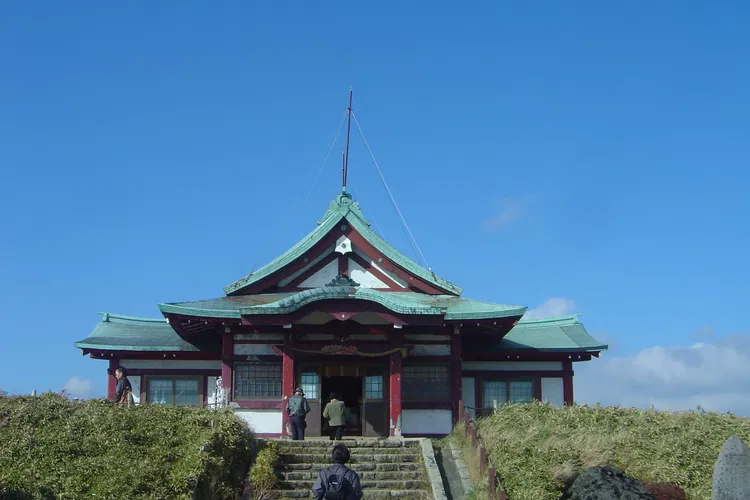
Hakone Shrine
HakoneThe Hakone Shrine, also known as Hakone Gongen, is a Shinto shrine that is situated on the shores of Lake Ashi in the city of Hakone, which is part of the Ashigarashimo district in Kanagawa Prefecture. This shrine is a significant part of Japanese history and culture, and it offers a unique experience for tourists who are interested in exploring the rich heritage of Japan.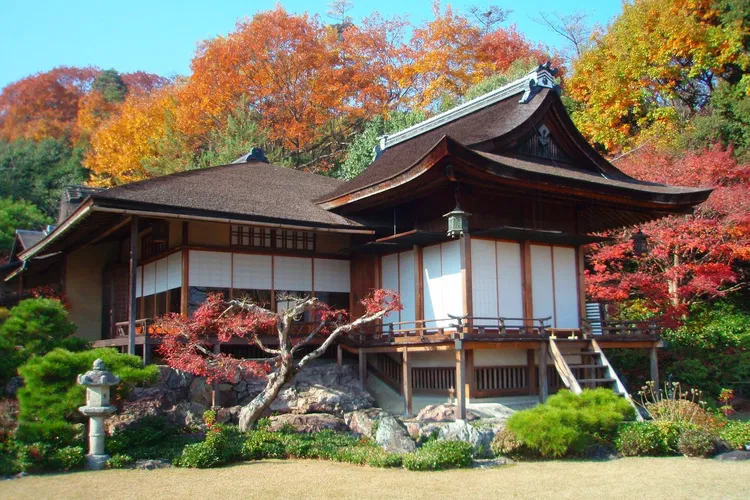
Okochi Sanso Garden
KyotoŌkōchi Sansō, located in Arashiyama, Kyoto, is the former residence and garden of Denjirō Ōkōchi, a renowned actor in Japanese period films. This historic site offers visitors a glimpse into the life of the actor and the era in which he lived. The villa and its gardens are open to the public, providing a unique opportunity to explore a piece of Japanese history and culture.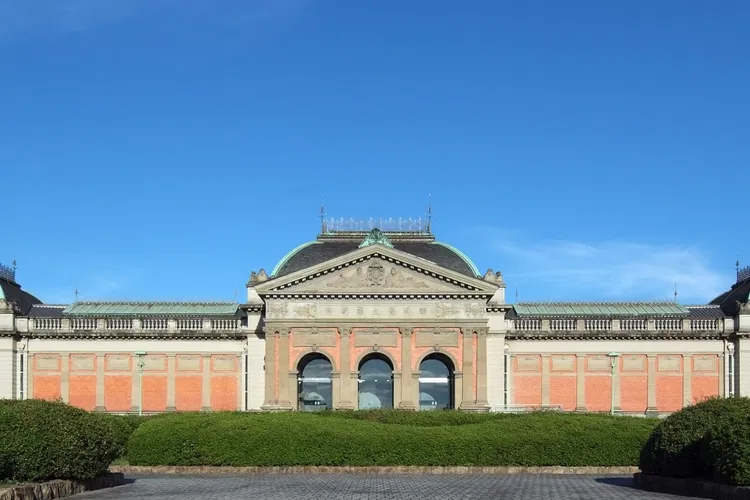
Kyoto National Museum
KyotoThe Kyoto National Museum, situated in Kyoto's Higashiyama ward, is one of Japan's major art museums. It primarily focuses on pre-modern Japanese and Asian art, offering visitors a deep dive into the rich history and culture of the region. The museum's collection is vast and diverse, providing a comprehensive overview of the artistic traditions of Japan and Asia.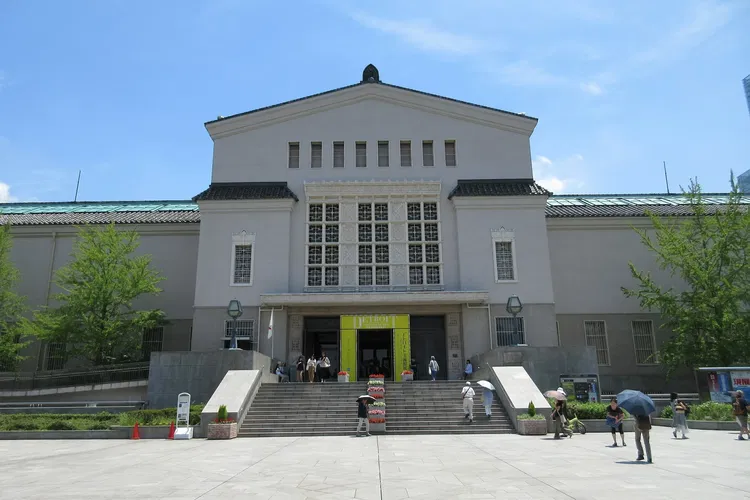
Osaka City Museum of Fine Arts
Osaka PrefectureThe Osaka City Museum of Fine Arts, located in the Tennōji district of Osaka, is a significant cultural landmark. The museum is situated on the site of the former residence of the Sumitomo family, a prominent Japanese family known for their contributions to various industries. The family donated the land, which includes a traditional Japanese garden, for the establishment of the museum.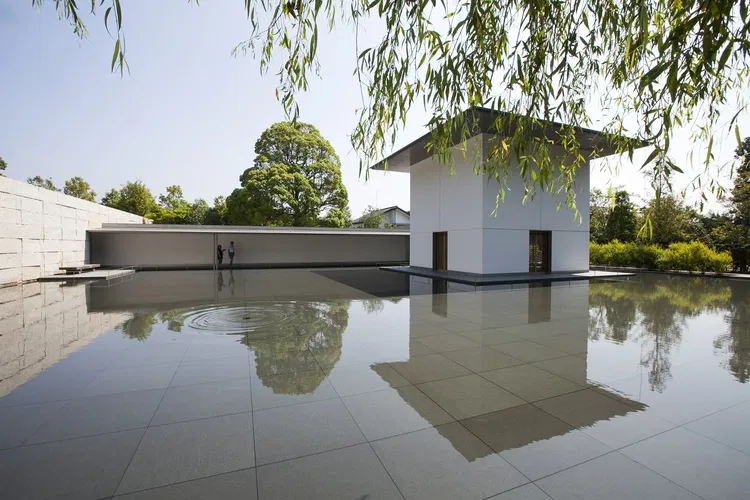
D. T. Suzuki Museum
KanazawaThe D. T. Suzuki Museum is a cultural institution situated in the city of Kanazawa, in the Ishikawa Prefecture of Japan. The museum was inaugurated in the year 2011 and is dedicated to the life and works of the renowned Buddhist philosopher D. T. Suzuki, who was born in Kanazawa.
Tokugawa Art Museum
NagoyaThe Tokugawa Art Museum is a private institution situated in the former Ōzone Shimoyashiki compound in Nagoya, central Japan. This location is steeped in history and provides a unique setting for the museum.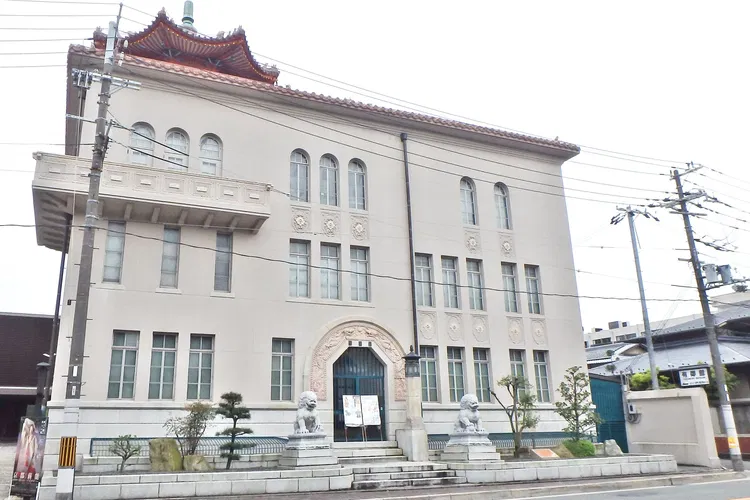
Yurinkan museum
KyotoThe Yūrinkan Museum, also known as Fujii Saiseikai Yūrinkan, is a private museum located in Kyoto, Japan. It was established in 1926 and is known for its extensive collection of East Asian art. The museum is the second oldest private museum in Japan, making it a significant part of the country's cultural heritage.
Kanagawa Prefectural Kanazawa-Bunko Museum
YokohamaThe Kanagawa Prefectural Kanazawa-Bunko Museum, also known as Kanazawa Bunko, is situated in the Kanazawa Ward of Yokohama, Japan. This museum is a significant cultural site that houses a vast collection of traditional Japanese and Chinese art objects, many of which date back to the Kamakura period.